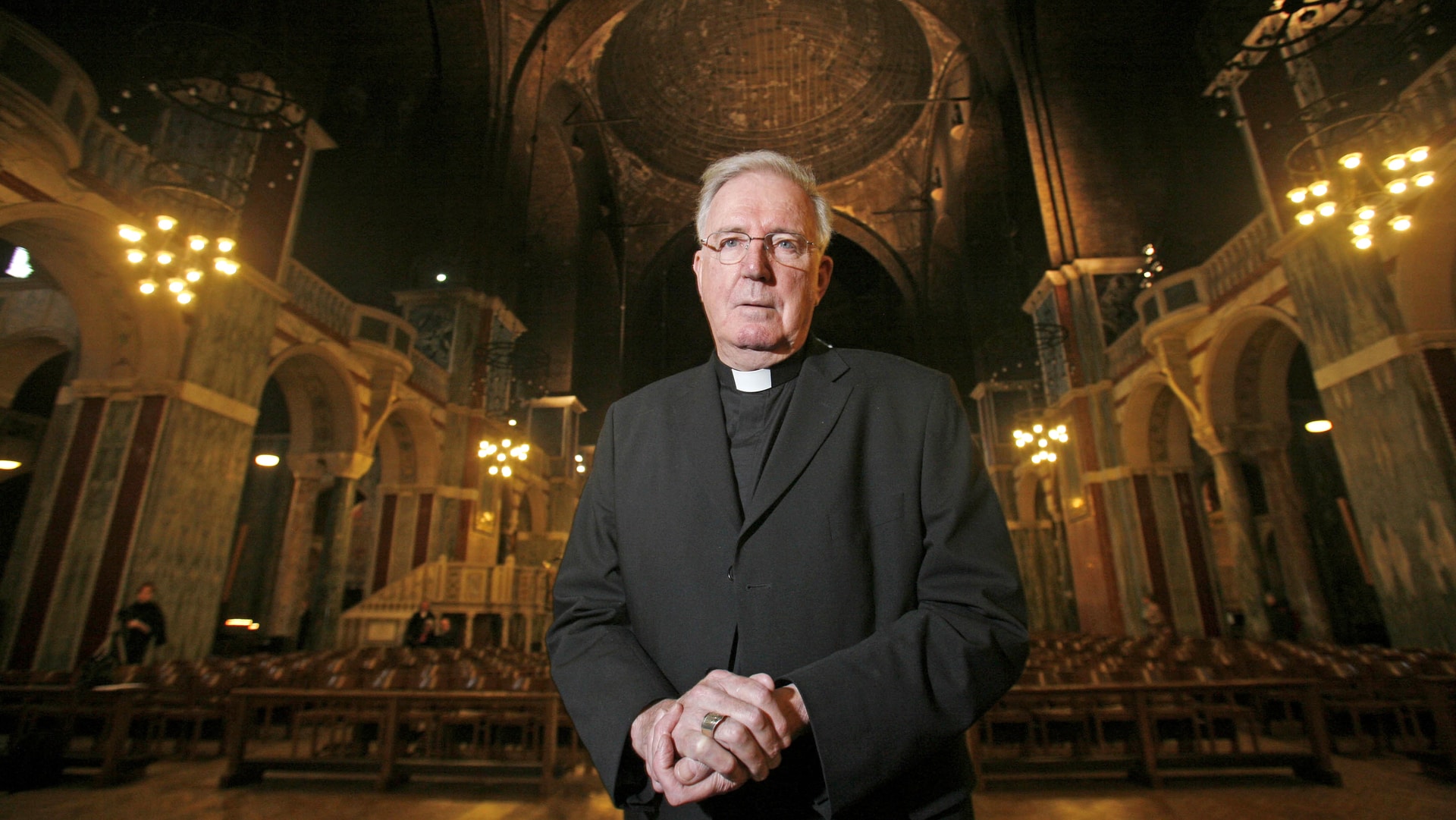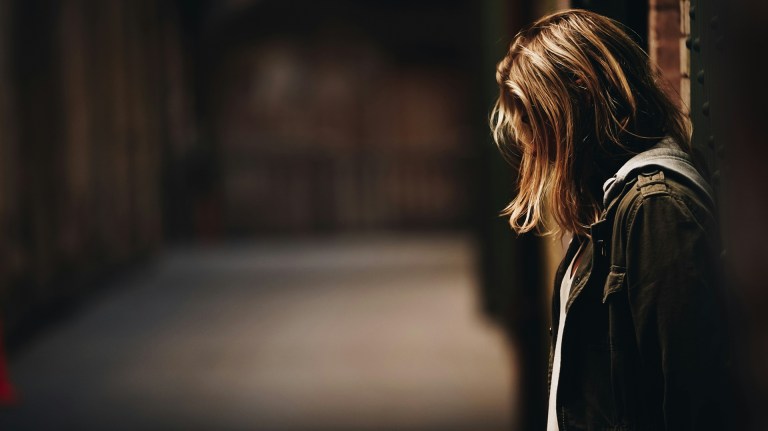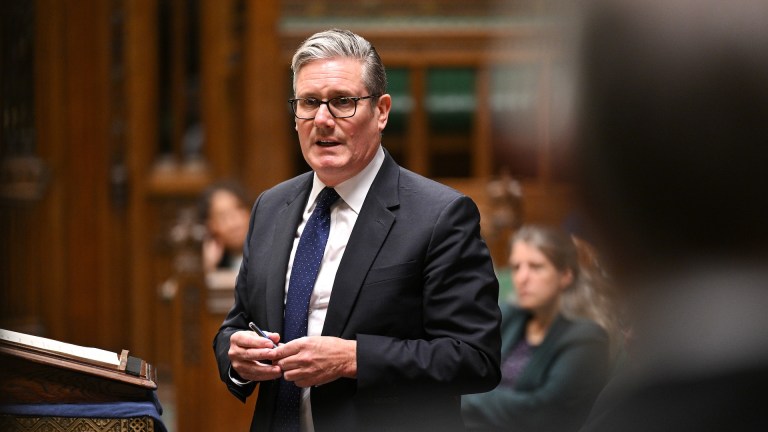I was a fairly sunny-natured teenager. I was the youngest of five boys and I had quite a protected childhood in a typical Irish family living in England. My father was a doctor and he had his surgery in the house, as well as five boys running about, so there was always bustle. It was a very happy childhood. There was quite a lot of music; I played the piano and we sang songs. Not just Irish ones, English ones too, like We’ll Meet Again.
I might tell my 16-year-old self to be a bit more broadminded. Before becoming a priest I’d like to have gone to university, studied English and languages and history. I’m a keen historian. Reading is very important, you should have a hinterland of good books you’ve read and can quote from. I could have read more history books, studied Shakespeare. I mainly read adventure books, like John Buchan. And I’d tell my teenage self to remember my parents and the constant sacrifices they made for us. I don’t think we boys thanked them enough, we took it all for granted.
I could have done more as a priest, been braver, more adventurous
Horace the poet said ‘Carpe Diem’. Seize the day. And I think I could have taken more risks in my life. When I was a young priest I went on the front on Southsea and Portsmouth and spoke out about the church like those speakers in Hyde Park. I got heckled and people just walked away. That was very good for me. I could have done more as a priest, been braver, more adventurous. I should have devised new ways to enable people to have some kind of vision about God. But I was too conformist.
When I was 16 I’d more or less decided I was going to be a priest. And I’ve never regretted it. But I could have done something else for the four years after I was 18. I had uncles who were priests and at our home in Reading we always entertained priests. They were very familiar. At quite an early age I thought it had to be a priest or a doctor like my father. They were the two obvious vocations. I think people have more choices these days.
Did I realise completely all the sacrifices I’d have to make to be a priest? The answer is no. But after I was 15 I had seven years of preparations in Rome, time to think about it. I had to think seriously, could I undertake that sacrifice of not getting married and having a family? There were certainly moments when I had to think about it very carefully, put it that way. I don’t look back too often and think, what if I’d had a family? If I did that… I don’t think it’d be very fruitful. I made my choice and I’ve tried to live it through.
If I met the teenage Cormac now I think he’d come over as slightly naïve, immature but eager and outward looking. He was enthusiastic about friendship and life. I enjoyed my own friends but I always thought about the others, the people on the outskirts of the company, and tried to bring them in. I mustn’t exaggerate this but I think there was a certain generosity there. Have I lost that? Other people can judge that.










